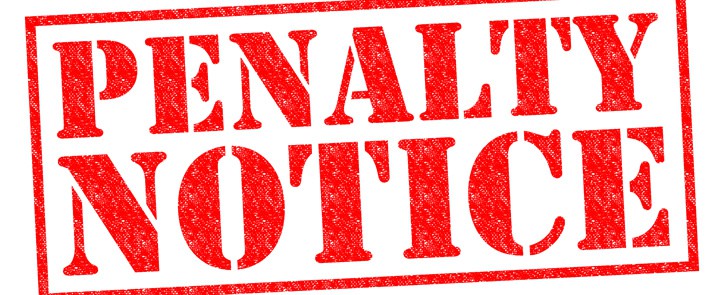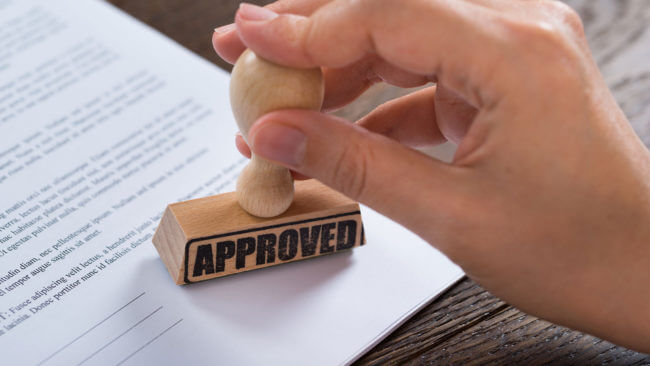Customs Audit: How Will It Affect Your Importation?
Customs Audit is one of the most critical parts of the importation process. In May 2001, the Philippine Congress passed the Republic Act 9135 establishing the Port Entry Audit (PEA) System. This was shortly followed by the Customs Administrative Order No. 5-2001, which allows for the system to be fully implemented all over the country. The procedure was strengthen by the new passed law in the Congress and Senate last September 2015, the R.A 10863 also known as a Customs Modernization and Tariff Act.
What is Customs Audit?

image fom hubspot.net
The law designates power on the Bureau of Customs to conduct a Post Clearance Audit of imports for three years from the date of importations (Final payment of duties or customs clearances). Operationally, customs audit means that the importer is obliged to open its import and business records specified in the said law and give full & free access to customs officer authorized by Bureau of Customs for purpose of authenticating the accuracy of the information declared in the corresponding import entries covered by the audit period..
What are the Consequences of Noncompliance?

image from ispartnersllc.com
Noncompliance with laws and regulations may result in very stiff penalties. Any person who, after being subjected to post clearance audit and examination is found to have incurred deficiencies in duties and taxes paid for imported goods, shall be penalized according to two degrees of culpability.
First when negligence committed and found guilty for deficiency results from an offenders failure to exercise reasonable care and competence in ensuring that a statement/declaration made is correct, shall be penalized with a fine equivalent to 125% of the revenue loss.
Worst, When the customs officers found out that there is fraud involved (committed knowingly, voluntarily and intentionally) the auditee if found guilty is subject to a separate investigation and may further be liable to criminal prosecution aside from the penalty of not more than six times the revenue loss.
How to Avoid Noncompliance

image from geneticliteracyproject.org
Certainly, post clearance audit greatly impacts the way importers will be doing business with customs. Corporate officials are also expected to be aware that violations of the post clearance audit law make them liable to civil- or worst, criminal prosecution. To avoid this, here are the three things that a responsible corporate official should consider to ensure compliance with the new law:
1. Determine as to what office or who within the organization should be responsible for the storage and retrieval of relevant documents and information needed for customs audit.
2. Provide to the Customs Officer the correct information when the same is required or asked during post clearance audit at any time for that matter.
3. The storage and retrieval pertain to a system of keeping these records, whether manually or electronically.
It is very important to systematically keep the records.. A disorganized record-keeping system is highly associated with negligence, which is one factor that can affect the importer’s level of customs compliance.
What to Do If You Are Audited

image from businesscomputingworld.co.uk
Should your company receive notice of an audit, contact a person (Licensed Customs Broker) who is familiar with customs compliance to help you prepare for the audit.
To prepare for a post-entry audit, consider the following:
- Prepare your in-house procedures and controls in such areas as record-keeping, classification, and valuation by making sure they are in writing and that your company’s transactions are well documented
- Be sure that your documentation shows all corrective actions that have been implemented
- Review the audit questionnaire and prepare your response in advance
Some of the import and business documents that are reviewed by Customs in an audit include:
- Customs entry records (both manual records and electronic records)
- General ledger accounts
- Foreign vendor payments
- Inventory and disbursement records
- Correspondence with foreign suppliers
Understanding how the audit procedure works and how the results can affect a business are very important as violating the law may have a severe business and personal ramifications. With a sensible approach, companies can avoid potentially disastrous results.
Avoid any discrepancies in customs audit by partnering with an honest and capable customs broker today.
Excelsior Worldwide Freight Logistics Corp. provides services that can improve your import process, help you with your recordkeeping and prepare you for the customs audits as well. Call us at (+632) 525-9775 or email us at wecare@excelsior.ph.
